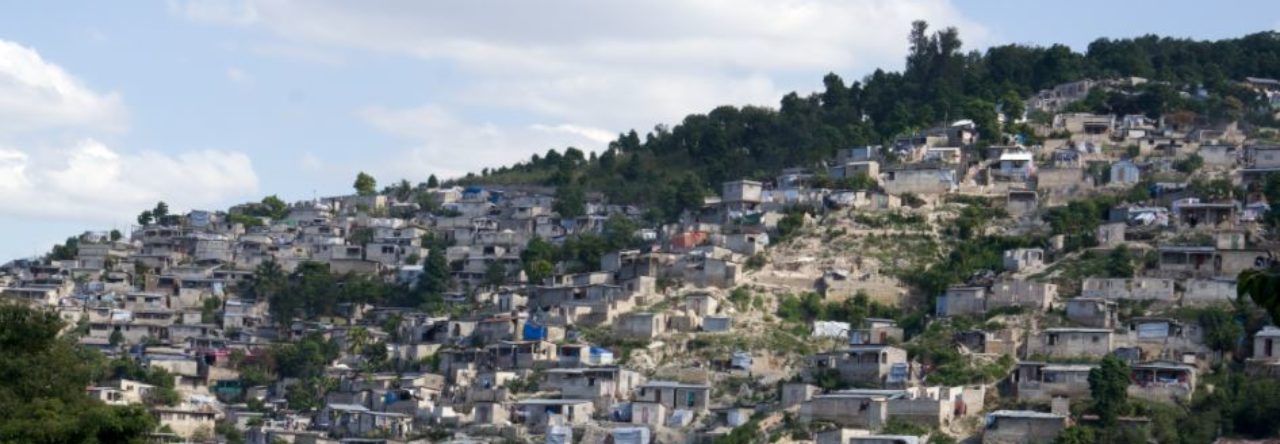Karl Lévêque was born in Cap-Haïtien (HAITI) in January 1936 in a wealthy family. He did his classical studies in Port-au-Prince at the College Saint-Louis de Gonzague led by the Brothers of Christian Instruction.
In 1956, then twenty (20) years old, he entered the major seminary Notre-Dame of Port-au-Prince, thus ending his studies at the Faculty of Medicine.
In 1960, he moved to Quebec where he began his first year of novitiate with the Jesuit fathers in Saint-Jérôme. The novitiate finished, Karl will complete his philosophy studies in Montreal and then in France in Strasbourg.
In December 1967, he will obtain his doctorate of postgraduate studies in philosophy. In January 1968, he returned to Montreal to complete his theological studies. It will be ordained among the Jesuits in May 1969. he returned to Montreal to complete his theological studies. It will be ordained among the Jesuits in May 1969. he returned to Montreal to complete his theological studies. It will be ordained among the Jesuits in May 1969.
Back in Quebec Karl is deeply involved in the Haitian diaspora in the fight against the Duvalier regime:
• involvement in the Haitian Committee of Patriotic Action (CHAP);
• animation of En Avant, a revolutionary organization focused on struggles for political change and the social and economic transformation of Haiti;
• collaboration with Nouvelle Optique intellectual journal, militant and engaged of high quality;
• Animation of political reflection and analysis programs on CIBL community radio and others.
Karl returns to Haiti in the first plane from Montreal after the fall of Jean Claude Duvalier on February 7th. He spends two weeks traveling the country. During his brief stay, he reports on the evolution of the situation for the CIBL. In his reports, his lucid enthusiasm for the country’s immediate future has hit more than one. He already foresaw in 1986 the possibility of survival of duvalierism without Duvalier.
Returned to Montreal to put order in his business, with the determination to return as soon as possible to the native country, Karl will be surprised by the death in March 1986. Karl left, but his ideas, his courses of action of a unexplored wealth, can still serve as a point of support for all those engaged in the path of social transformation in Haiti.
